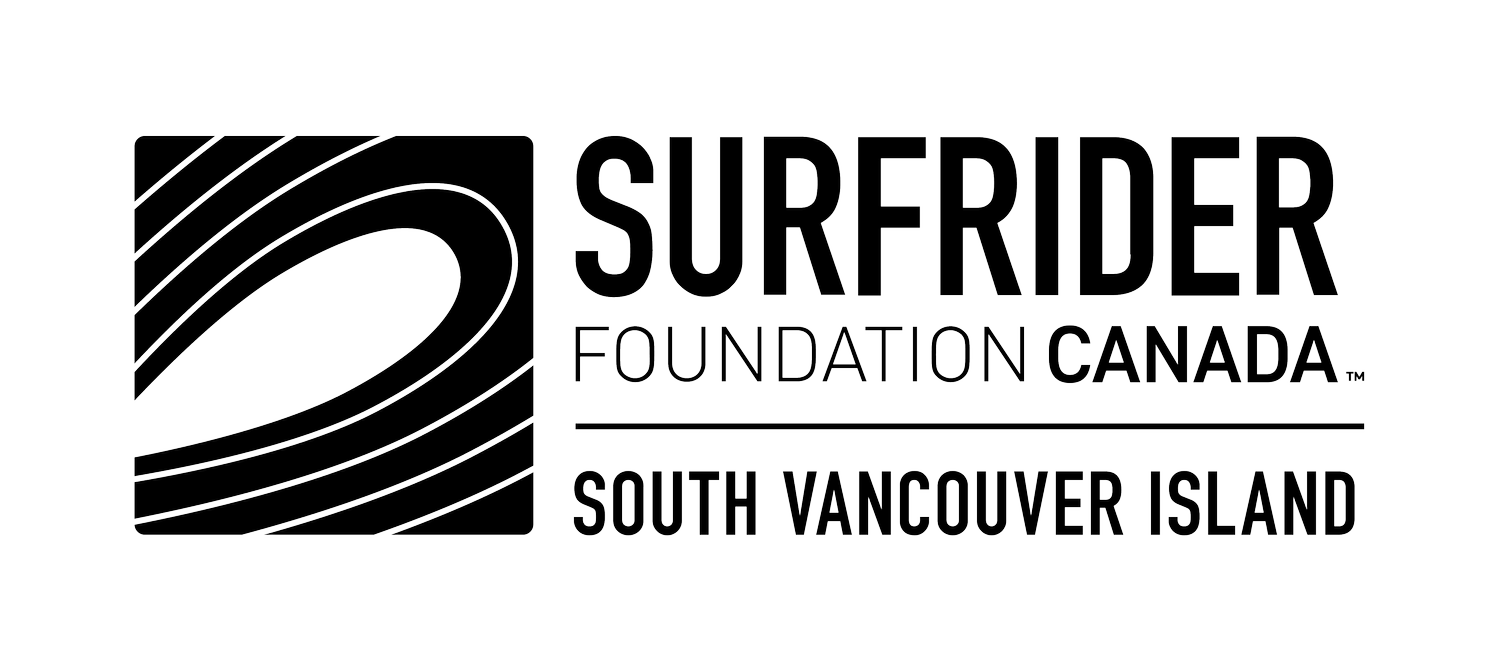Introduction
Beyond Bioplastics began as a small research effort in 2018. Before long, we began to understand the many complexities surrounding compostable and biodegradable plastics – while these materials are advertised as the solution to our waste management challenges, they don’t break down as promised and create more problems than they solve!
The research so far has been alarming – many types of bioplastics, specifically biodegradable plastics, have no guidelines to ensure they break down in a sustainable way. Even worse, some plastics are labeled “biodegradable” or “green”, but are in fact just made of regular plastic. Compostable plastics, on the other hand, have certifications to ensure they break down in industrial composting conditions (not the ocean, the beach, the forest or your home compost bin!). However, there are no municipal composting facilities in most Canadian communities that can accommodate these strict conditions. As a result, they are filtered out and sent to the landfill. If too many bioplastics end up in our recycling or composting process, the entire load sometimes gets sent to the landfill! These challenges have been seen around the world, with countries such as Australia recently introducing bans on biodegradable plastics.
The production of bioplastics leaves a lot of unanswered questions. There are concerns about the amount of land used for bioplastics production. Most compostable and biodegradable plastics are produced as PLA, which is made using corn byproducts. As a result, they rely on resources that may otherwise be useful for human consumption. It is also unclear whether the production of bioplastics emits fewer or greater emissions than conventional plastics. We’re committed to diving further into these research topics to understand the true impact of bioplastics, and understand the barriers of other, more sustainable alternatives.
Ultimately, we want to see the adoption of systems that will reduce the amount of waste in our oceans and in our communities. In reality, this can only be accomplished through the adoption of reusable products. Single-use materials should be used only when necessary, and we should only focus on the development of single-use materials that will break down in a practical and efficient manner. Bioplastics are still single-use, and they have proven to be just as ineffective as conventional plastics. We need to stay focused on solutions that will decrease waste in our marine environments, and bioplastics are not one of them.
Feel free to check out our “resources” section below for some key deliverables created by our team and other organizations! You can stay tuned for more resources and information on bioplastics, as well as alternatives we suggest to minimize your impact on the environment, by following us on social media or subscribing to our newsletter.
-
In 2020, Beyond Bioplastics was formalized as a project under our Rise Above Plastics program. The project aims to gain a more comprehensive understanding of the issues surrounding bioplastics and work with businesses, community actors and government agencies to discuss solutions. Our research team is growing, and if you’re interested in helping out, please email Noah at noahdsnell@gmail.com.
-
Takeout Containers: Best to Worst for the Circular Economy
Confused about the impacts of takeout containers? So were we! So we did our research and cut through the greenwashing to find out what’s actually compostable and recyclable in B.C. The answers may surprise you.
We placed this research into a helpful graphic that shows the best to worst options. It is our hope that this graphic can help guide the decisions of business owners and consumers, as we face huge increases in takeout-related waste during the pandemic (and beyond).
The Life Cycle of Compostable/Biodegradable Plastics
A review of various literature sources summarizing the high-level debates and key concerns about bioplastics.
B.A.N. List 2.0
An analysis and call-to-action to phase out the most polluting plastic products used in the United States
OKAY, WHAT'S UP WITH COMPOSTABLE PLASTICS?
Key information to know before choosing your products
Report on Compostable and Biodegradable Plastics
An initial report developed by our team in 2018 to summarize bioplastics research to date.
Compostable/Biodegradable Plastics
A high-level summary of bioplastics issues, presented at various community engagement events held by Surfrider Foundation Vancouver Island in 2019/2020
Bioplastics Toolkit
A guide created by Surfrider HQ to educate on the key problems of using bioplastics, and recommendations going forward.
-
September 2018 – Engaged our first student researcher to begin learning more about compostable and biodegradable plastics.
January 2019 – January 2020 – Presented our findings at various community events in Victoria B.C., raising awareness about bioplastics and the complexities surrounding them.
May 2020 – Formalized Beyond Bioplatics as a stand-alone project within Surfrider Foundation Vancouver Island. Developed a strategic plan.
March 2021 – Began recruiting new team members to build a small research team.
-
Stop using biodegradable and compostable plastics where possible. Make sure you check labels on single-use plastics you buy or use to understand how they are made.
If you find a compostable plastic offered at a business, kindly and respectfully let them know that you would prefer another alternative such as paper.
Bring reusable containers and cutlery when eating or drinking out, instead of using provided single-use material.
Spread the word about bioplastics! Ensure your friends and family are aware.
Do your own online research to learn more about the complexities surrounding bioplastics.
Email Noah Snell at noahdsnell@gmail.com if you are interested in helping out with research.
Project Lead
Noah Snell - Beyond Bioplastics
noahdsnell@gmail.com



